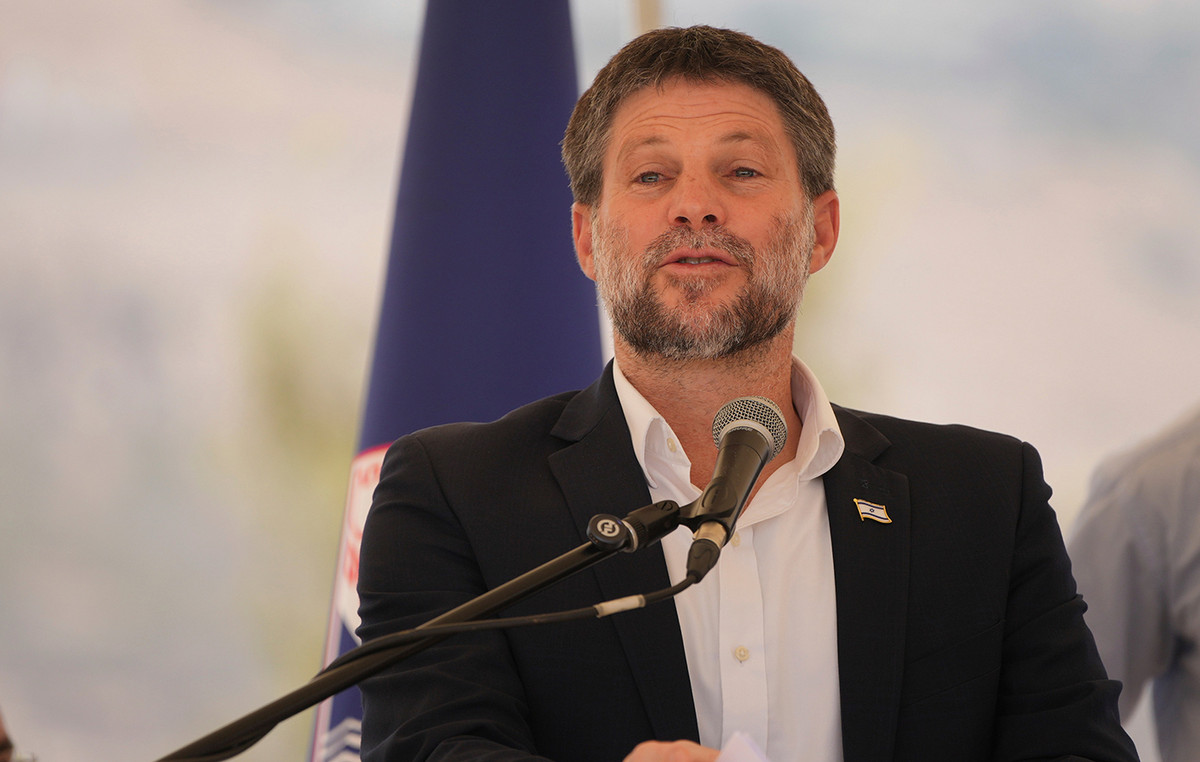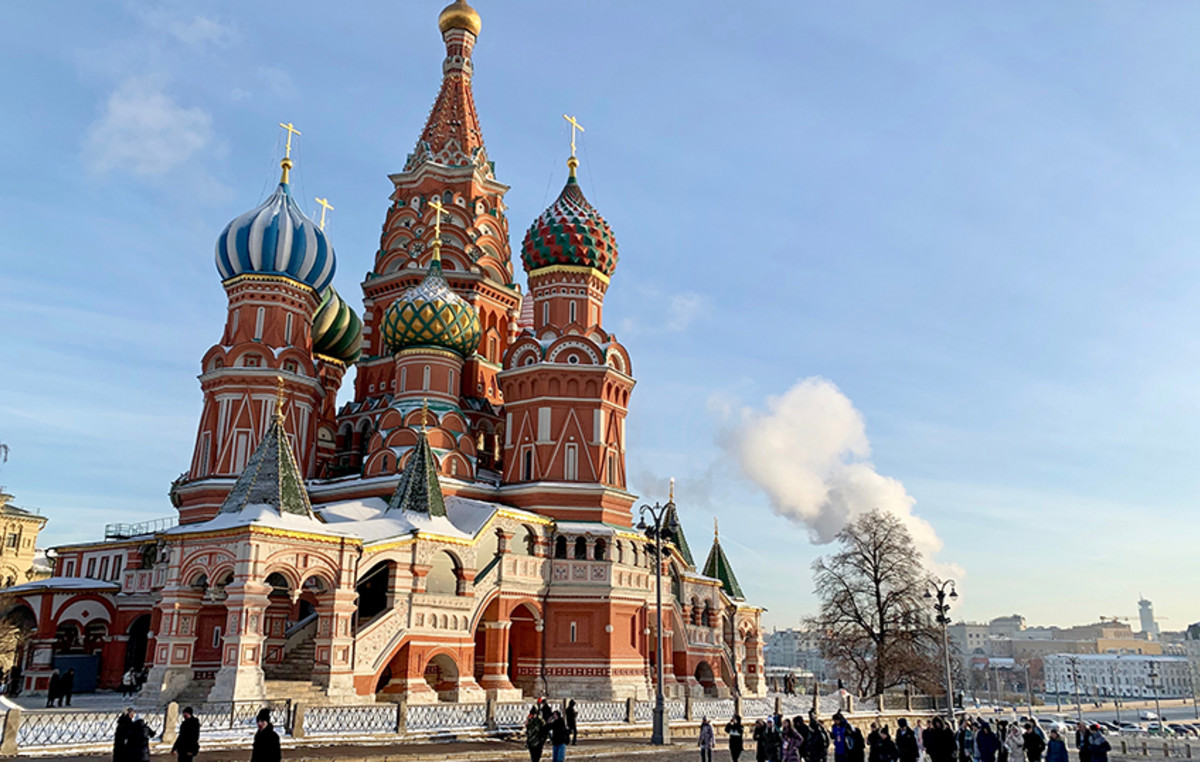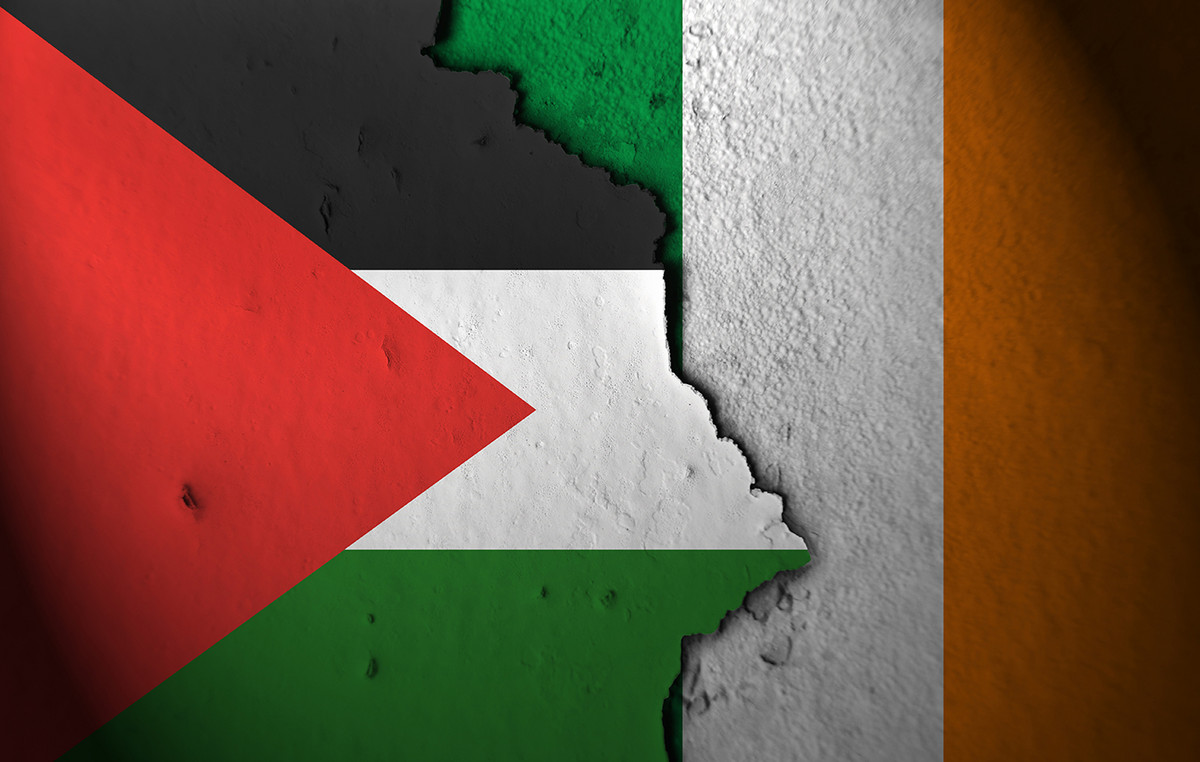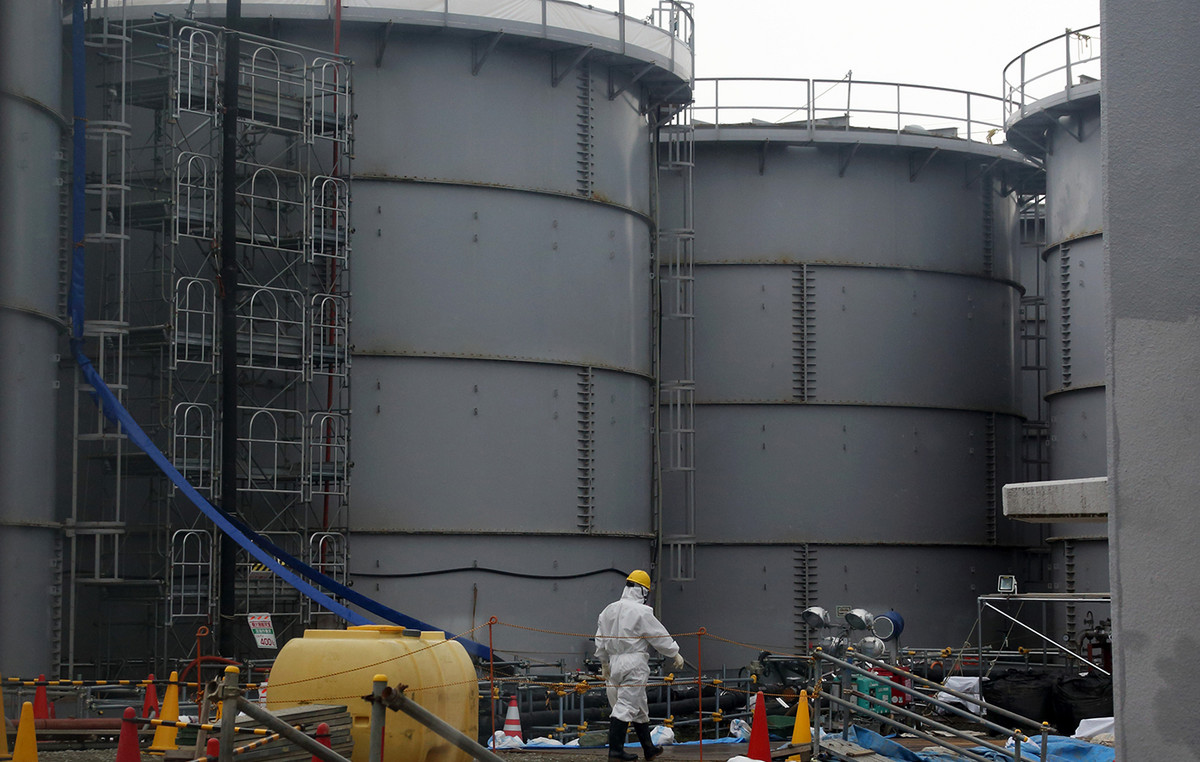The Extended National Consumer Price Index (IPCA) would need to register a deflation of 0.13% in December to end the year within the inflation target, calculated Pedro Kislanov, manager of the Price Index System at the Brazilian Institute of Geography and Statistics (IBGE).
In November, the IPCA rose by 0.41%, the lowest rate for the month since 2018, when it fell by 0.21%.
In November 2021, the IPCA had been 0.95%. As a result, the 12-month rate increased from 6.47% in October to 5.90% in November. In December 2021, the IPCA increased by 0.73%.
The inflation target for this year pursued by the Central Bank is 3.5%, which has a tolerance margin of up to 5%.
“Usually, the end of the year is marked by stronger demand. You really tend to have higher inflation at the end of the year and at the beginning of the year, lower inflation in the middle of the year,” explained Kislanov. “For demand too, but also for a seasonal food issue,” he added.
Kislanov recalls that summer is a period of intense rain, which usually affects the performance of some crops. As food is the group with the greatest weight, “it ends up affecting the IPCA a lot”.
For December, inflation should capture relief from fuel price reductions announced by Petrobras. Gasoline, diesel and cooking gas became cheaper at refineries.
Source: CNN Brasil
A journalist with over 7 years of experience in the news industry, currently working at World Stock Market as an author for the Entertainment section and also contributing to the Economics or finance section on a part-time basis. Has a passion for Entertainment and fashion topics, and has put in a lot of research and effort to provide accurate information to readers.







